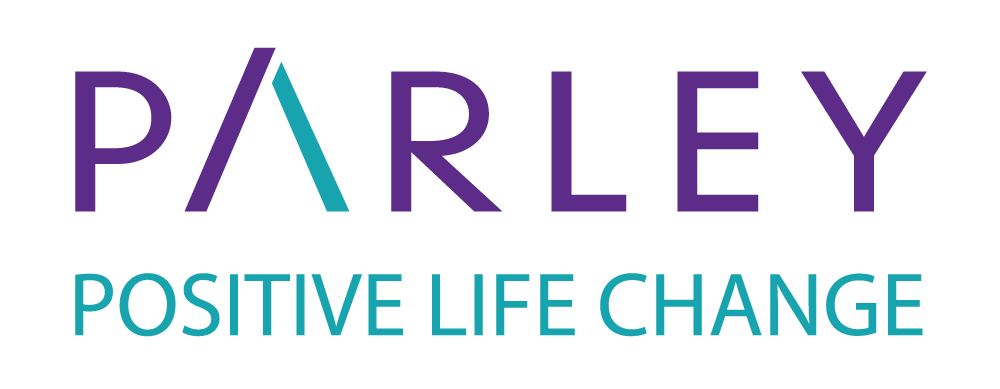Most of the people who serve you in health care really do care about you and it shows. When they really don’t and you have good evidence of that, you can go to the Patient Care Quality Review Board in your health region to make a complaint and they’ll listen. The problem regarding humane and effective support for persons with mental health concerns has more to do with how the system measures effectiveness and efficiency.
Science has brought forward limitless possibilities for all recovery and particularly for people living with cognitive, developmental, or chronic mental health challenges, or challenging behaviour. Why don’t we see the results in front-line treatment and support?
The system struggles with the pressing need to monetize decisions. They look to research and business consulting to predict where they can make the most impact for the most people. Cost / benefit analyses often consider resource allocation over human variables. The system is compelled to adopt a one-size fits all approach to treatments for the sake of planning and efficiency. And the system rewards isolating issues rather than an integrated approach, assuming that less time spent on a patient is a sign of efficiency. Good individualized problem-solving; changes to the way things have always been done; and innovative treatment can be lost as a result.
Science can only predict what will work for the people who actually fit into ‘normal’ conditions, which means that while many people, roughly about 10-30%, may benefit from a certain therapy, another 10-30% may have no results or poor results. And because therapies also require a skilled therapist, results are further affected by the individual skills of the practitioner in assessing and prescribing support.
A system as large as our healthcare must serve everyone. They use research and data to predict what will work most of the time for most of the people served. The better practitioners take into account that this is the case and adjust treatment when they are given meaningful feedback and when the person-served self advocates well. So, the system is designed to work well when normative treatments accurately predict the outcome, and when the person-served can effectively communicate when it isn’t working, to a receptive practitioner.
Guess how well that works for people living with cognitive, developmental, or chronic mental health challenges, or challenging behaviour?
The issues that they face include:
- Not fitting into a normative sample so that the research actually includes them.
- Having a whole spectrum of behavioural presentations as opposed to the physical diagnoses that can be more easily quantified and classified in a short period of time.
- Not having the ability to effectively communicate, provide qualitative feedback, or self-advocate.
So why are the most vulnerable members of our communities required to live in poverty or homelessness if they want their independence?
The answer is not that the people serving them don’t care, they do – the system just isn’t yet set-up to accommodate them very well.

